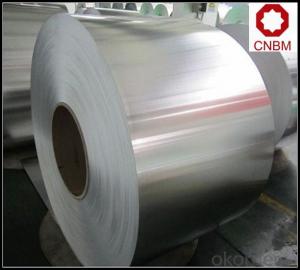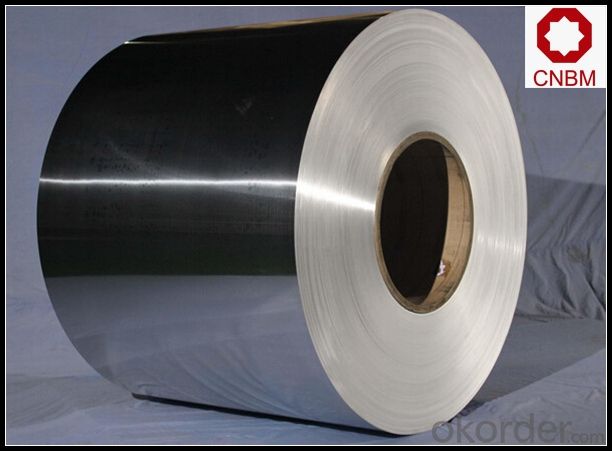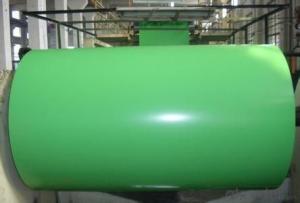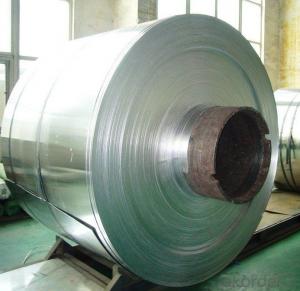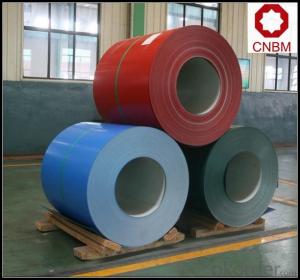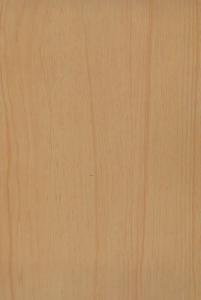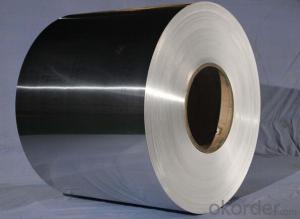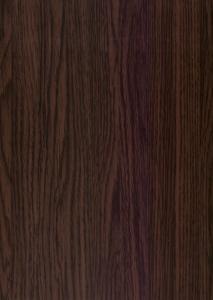Wood Grain Aluminum Coil Stock
- Loading Port:
- Shanghai
- Payment Terms:
- TT OR LC
- Min Order Qty:
- 5 m.t.
- Supply Capability:
- 10000 m.t./month
OKorder Service Pledge
OKorder Financial Service
You Might Also Like
Specification
1. Specification of Aluminum Foil Stock used for Aluminum Coil
1) Alloy | 1050, 1060,1100, 3003 3004 3105 3A21 5005 5052 etc |
2) Temper | O/H12/H14/H1/H18/H32/H34/H36/H38//H111/H112/H116/H321/T6/T651/T3/T351 etc |
3) Thickness | 0.1mm to 6mm |
4) Width | 20mm to 3300mm |
5) Coil weight | 100kgs to 6 tons depends on actual requirement |
6) Core material | Aluminum or paper |
7) Coil Inner diameter | 75mm, 150mm, 200mm, 300mm, 405mm, 505mm or as required |
8) Protective film can be added
2. Application of Aluminum Foil Stock used for Aluminum Coil
(1).Interior: wall cladding, ceilings, bathrooms, kitchens and balconies, shutters, doors...
(2).Exterior: wall cladding, facades, roofing, canopies, tunnels,column covers , renovations...
(3).Advertisement: display platforms, signboards, fascia, shop fronts...
3. Feature of Aluminum Foil Stock used for Aluminum Coil
*Such coil is specially designed to replace aluminum ingot, due to the high export tax of aluminum ingot, the coil has better price than ingot.
*This type of coil can fit customer's remelting furnace just like ingot, no need to make any change to the production line that was previously used for ingot. The standard coil size and weight is very suitable for the feed gate of furnace.
*This type of coil causes less material wastage than ingot when remelted.
*Our coil is made directly from ore, no need to go though the ingot making process, quality is much better than other suppliers who use ingot scrap to make coil.
Be free from Oil Stain, Dent, Inclusion, Scratches, Stain, Oxide Dicoloration, Breaks, Corrosion, Roll Marks, Dirt Streaks and other defect which will interfere with use
4. Certificate:
SGS and ROHS(if client request, paid by client), MTC(plant provided), Certificate of Origin(FORM A, FORM E, CO), Bureau Veritas and SGS (if client request, paid by client), CIQS certificate
5. Image of Aluminum Foil Stock used for Aluminum Coil
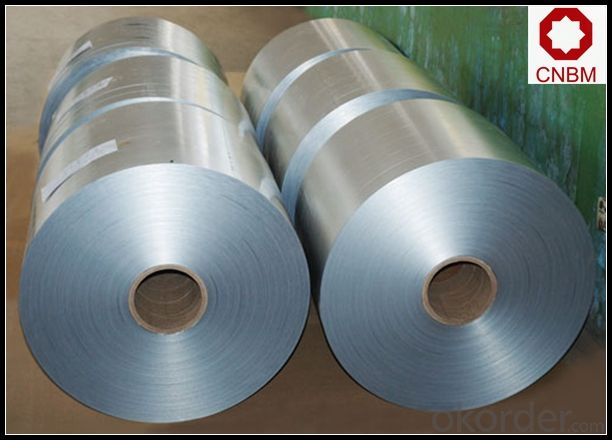
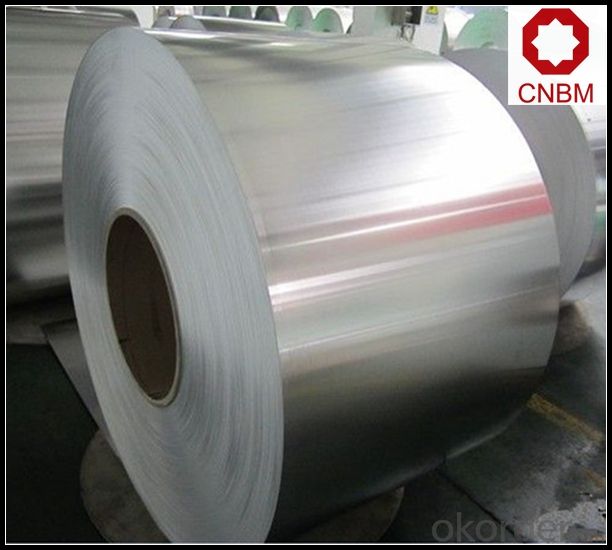
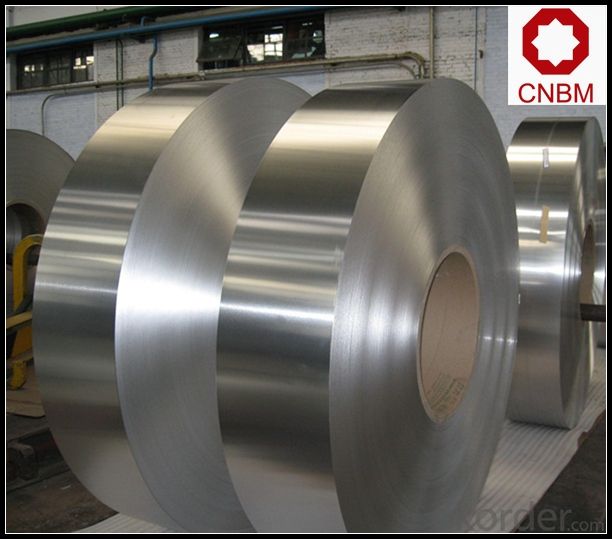
6. Package and shipping of Aluminum Foil Stock used for Aluminum Coil
eye to wall
eye to the wall
with wood pallet (wooded case also available)
7. FAQ of
1) What is the delivery time?
Dpends on actual order, around 20 to 35 days
2)What is the QC system:
We have QC staff of 20 persons and advanced equipment, each production is with MTC traced from Aluminum ingot lot.
3) What market do you mainly sell to?
Australia, America, Asia, Middle East, Western Europe, Africa etc
- Q: aluminum welding
- You can't. you need a TIG welder to weld aluminum. It's an especially hot welder for aluminum specifically.
- Q: Can aluminum coils be used in solar panel manufacturing?
- Yes, aluminum coils can be used in solar panel manufacturing. Aluminum is lightweight, corrosion-resistant, and has good heat dissipation properties, making it a suitable material for solar panels. It is often used in the frame and backing of solar panels to provide structural support and durability.
- Q: Dongying power plant with 0.6mm thick insulation aluminum coil, manufacturers can be divided into small volumes?
- Tolerable。 The price depends mainly on what you need to split into.
- Q: What are the potential dangers associated with the use of aluminum coil?
- <p>Aluminum coil, when used in appropriate applications and handled correctly, is generally safe. However, there are some safety risks to consider: exposure to aluminum dust can cause respiratory issues, and improper handling can lead to cuts or burns. Additionally, aluminum can react with certain chemicals, potentially causing hazardous situations. It's important to use personal protective equipment and follow safety guidelines when working with aluminum coil to minimize these risks.</p>
- Q: How are aluminum coils tested for thickness and flatness?
- Aluminum coils are typically tested for thickness and flatness using specialized equipment such as a thickness gauge and a flatness tester. The thickness gauge measures the thickness of the coil at various points to ensure it meets the required specifications. Meanwhile, the flatness tester uses laser technology or a similar method to measure the surface flatness of the coil, identifying any deviations or irregularities. These tests are crucial to ensure the quality and consistency of the aluminum coils before they are further processed or used in various applications.
- Q: This question asks about the duration an aluminum coil can last before it needs to be replaced or becomes unusable.
- <p>The lifespan of an aluminum coil can vary significantly depending on its application, quality of the material, and environmental conditions. Generally, if properly stored and used, aluminum coils can last for several years without significant degradation. However, in industrial settings where coils are subjected to continuous use and harsh conditions, their lifespan might be reduced to a few years or even less. Regular maintenance and inspection can help extend the lifespan of aluminum coils.</p>
- Q: What are the rules and regulations concerning the disposal of old aluminum coils?
- <p>Yes, there are regulations on the disposal of old aluminum coils. These regulations vary by country and region, but generally, they aim to prevent environmental pollution and promote recycling. In the United States, for example, the Environmental Protection Agency (EPA) sets guidelines for recycling and disposing of scrap metal, including aluminum. Businesses and individuals are often required to recycle aluminum coils rather than sending them to landfills. Proper disposal may involve sorting, cleaning, and sending the coils to recycling facilities that can process and reuse the material. Violations of these regulations can result in fines and penalties. It's important to check local and national regulations for specific requirements.</p>
- Q: What are the different thickness tolerances for aluminum coils?
- The specific grade and application of aluminum coils can cause variations in their thickness tolerances. Generally, the standard range for these tolerances is typically between +/- 0.002 and 0.015 inches. Consequently, the actual thickness of the aluminum coil can differ within these limits. The specific tolerance requirements may also be affected by factors like the manufacturing process and the intended use of the coil. Therefore, it is crucial to refer to industry standards and specifications to ascertain the necessary thickness tolerances for a specific application.
- Q: I was wandering, if your spear's shaft is made of aluminum, does that have any strength to it, i mean, say you had to block with the shaft, would a weapon break through like your basic sword or basic axe, i don't mean big heavy swords and axes, but like average ones, could it break through an aluminum shaft of a spear?
- How thick is the shaft? Even if it is solid, if it is fairly thin in order to be light weight like competition weapons I would not bet my life on blocking with something like that. If your shaft is solid and maybe one to 1 1/2 inches thick then maybe. A weapon does not have to be heavy to be powerful. If the practitioner is strong and fast he can generate quite a bit of power even with a lighter weight weapon. A bokken is not very heavy at all but in the hands of a skilled practitioner it can generate enough force to kill. The effectiveness of a weapon is in the technique not the weight. So don't underestimate a weapon and let weight fool you.
- Q: This question asks for the cost of a set of aluminum coils.
- <p>The cost of a set of aluminum coils can vary significantly based on factors such as the current market price of aluminum, the size and thickness of the coils, and the quantity being purchased. As of my last update, the price of aluminum fluctuates with the global commodities market, and it's best to check with suppliers or on metal exchange platforms for the most accurate and up-to-date pricing. For specific projects, you might need to contact aluminum suppliers directly to get a quote tailored to your requirements.</p>
Send your message to us
Wood Grain Aluminum Coil Stock
- Loading Port:
- Shanghai
- Payment Terms:
- TT OR LC
- Min Order Qty:
- 5 m.t.
- Supply Capability:
- 10000 m.t./month
OKorder Service Pledge
OKorder Financial Service
Similar products
Hot products
Hot Searches
Related keywords

